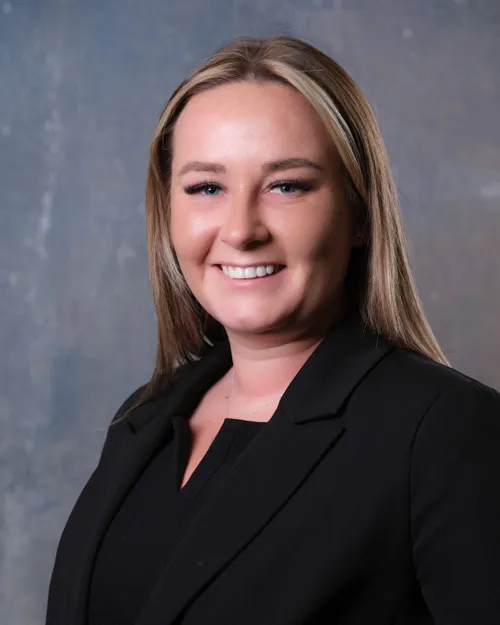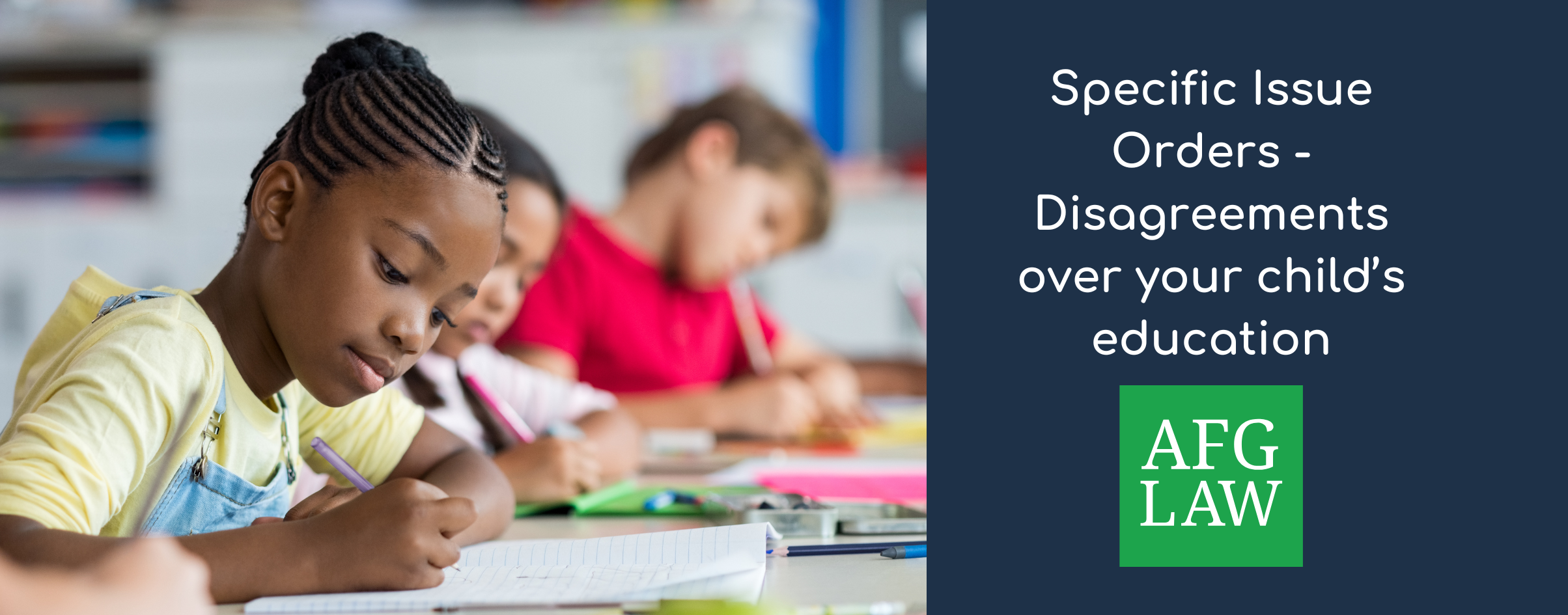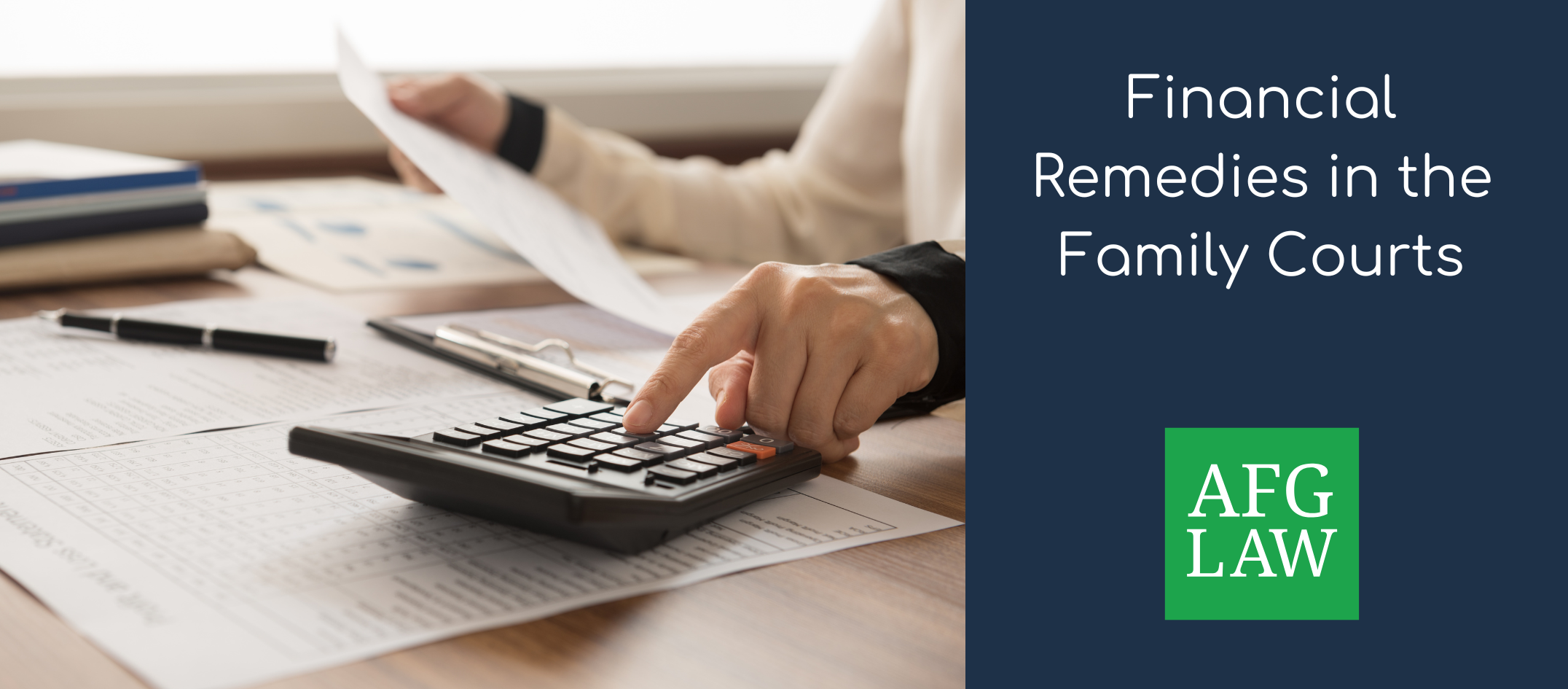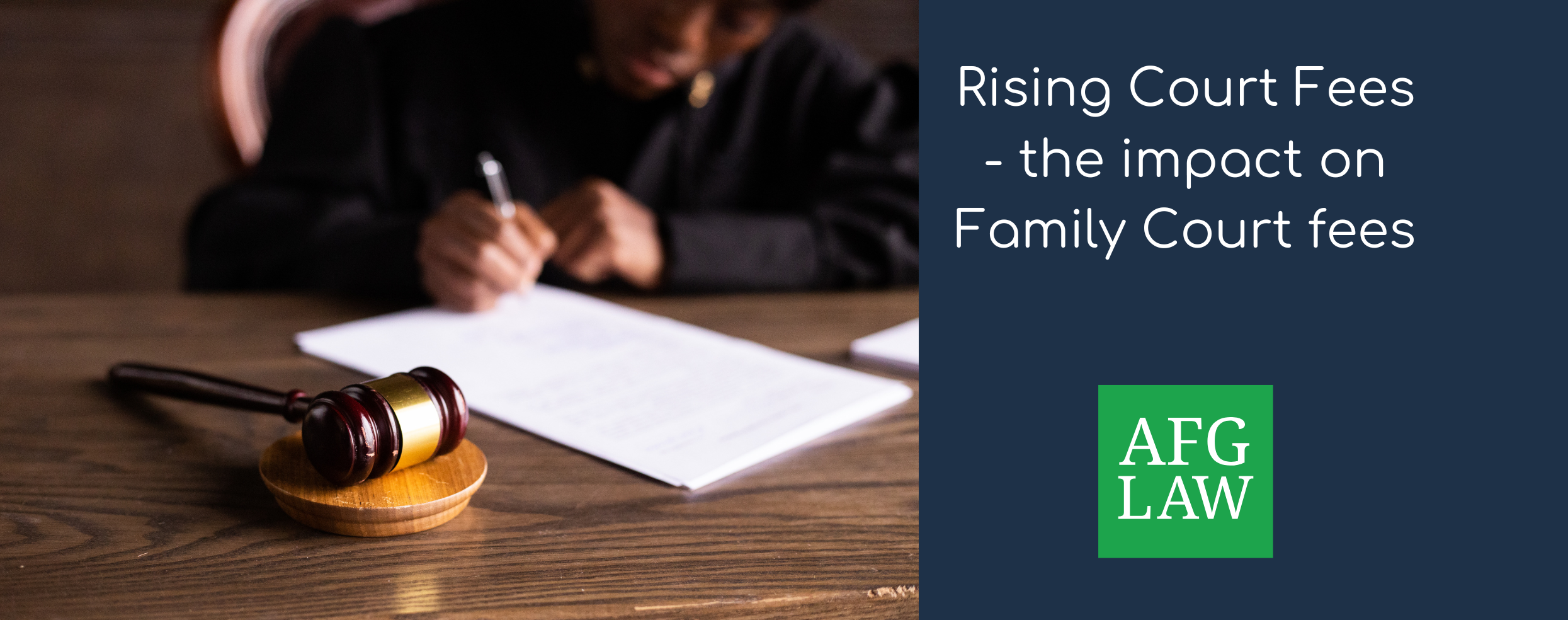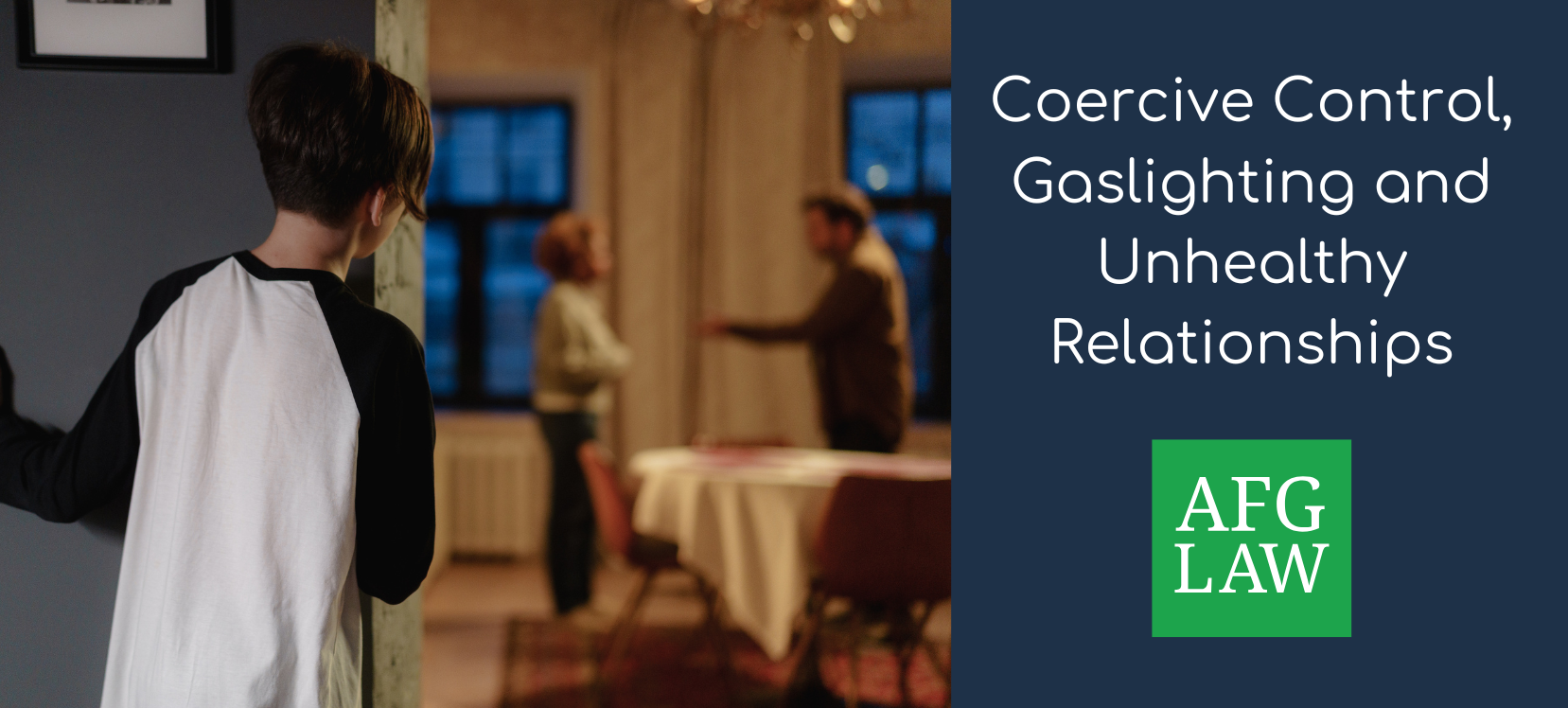Some parents might know that an application to Court for an order about their children is on the cards but others might find themselves receiving an application and it comes as a surprise. Our solicitors understand that, however an application for a children order comes about, it can be an anxious and worrying time. We have an experienced children law team that can assist you at short notice, we offer a fixed fee initial appointments as well as ongoing support and also hold a legal aid contract for those on a low income.
Our solicitors can explain the types of orders that the other parent or guardian has applied for, how the court will deal with an application, listen to your position and help formulate a response. Call our children law team today to get started CTA
What has the other parent applied for?
- Child Arrangements Order
- Prohibited Steps Order
- Specific Issue Order
- Parental Responsibility
- Declaration of Parentage
- Varying an existing order
- Enforcement of an existing order
- Financial Support under Schedule 1 of the Children Act 1989
Sometimes applications for children orders can be made alongside other types of orders such as non-molestation orders
What should have happened before an application is made to Court?
Applications can be made following the standard procedure or they can be made on an emergency basis, without notice to the other parent. When you receive an application, you should read it carefully and it should explain what has happened so far. If you have been handed the application by a ‘process server’, and a court order has already been made, then the other parent has made the application without notice to you.
Ordinarily, before the other parent can apply for an order, they must show that they have taken steps to resolve the dispute by attending mediation, although in certain circumstances, they may be exempt from attending mediation. It may be that you received a letter asking you to attend a Mediation, Information and Assessment Meeting (MIAM) and either you didn’t attend or it was not appropriate or possible to attempt to mediate. Sometimes if an application is made without taking this step the Court may say that an attempt must be made to mediate before the court will allow the application to proceed.
The reason the Family Court likes parents and carers to try and mediate is because if agreements can be reached about children without going to Court it usually results in a better outcome for families. We know that this is not always possible, but if this step hasn’t been taken and you want to discuss it with the other parent our solicitors can help you with the negotiation or make referrals to mediation.
What happens when an application for a court order about my children is made by the other parent?
When the court receives an application, they will send you all the documents the other parent has submitted and the court will also send you a ‘notice of proceedings’ which will give you more information about when and where the next hearing will be taking place. Our solicitors can help you respond to the application, which should be done within 14 days of receiving the application.
The court will usually set a date for a First Hearing Dispute Resolution Appointment (FHDRA) within 4 to 6 weeks after receiving the application, the date will depend on how busy the court is and quite often the court experiences delays. The timescale is set deliberately to allow work to take place before the hearing so the Judge has more information. This work is done by an organisation called CAFCASS which stands for the Children and Family Court Advisory and Support Service.
When the court receives a copy of the application from the other parent, they in turn send it to CAFCASS. CAFCASS will start by completing a check with the children’s services for your area to see if your children have had involvement with social workers and will also contact the police to confirm whether either parent has a criminal record or has been involved with the police.
These checks take several weeks but it is important information the court needs to know before the first hearing. CAFCASS will also ask one of their team of advisors to contact you and discuss the application. They will ask questions about whether you have any concerns about the welfare of your children, their safety with the other parent, and what you think about what the other parent is asking the court to do.
You should receive a copy of the letter that CAFCASS prepares prior to the hearing and a member of CAFCASS will attend the FHDRA and can discuss it with both parents. Our solicitors can go through the report with you and provide you with advice prior to the hearing so you are prepared and understand your realistic options.
Will I have to attend court if the other parent has made an application for a children order?
Yes, you will need to attend every hearing in children proceedings. If you are worried about attending court because of domestic abuse concerns then our solicitors can explain what can be done to help.
At the First Hearing and Dispute Resolution Appointment the Judge will try and narrow down the issues between the parents and try and see whether any areas can be agreed. CAFCASS may also recommend that you attend a course called the ‘Separated Parents Information Programme’ to provide you with information and advice about how to co-parent and deal with difficulties.
If the court has concerns they may ask CAFCASS to prepare a report to help the judge decide what is the best option for your children. This report will be sent to each of the parties and the Judge. It is possible that as part of this report, and depending on your child and their age, the CAFCASS officer speaks to your children directly to try and understand their wishes and feelings about the issue the court is being asked to make a decision on.
We have explained the different hearings that take place during children act proceedings here
What does the judge look at when they are being asked to make a decision about children?
The judge will always put the welfare of children first when making the decisions about children. There is a checklist to make sure they think about different aspects of the children’s welfare including:
- The ascertainable wishes and feelings of the child concerned (considered in the light of his age and understanding);
- His physical, emotional and educational needs;
- The likely effect on him of any change in his circumstances;
- His age, sex, background and any characteristics of his which the court considers relevant;
- Any harm which he has suffered or is at risk of suffering;
- How capable each of his parents, and any other person in relation to whom the court considers the question to be relevant, is of meeting his needs;
- The range of powers available to the court under this Act in the proceedings in question.
There’s more information about what the court will look at here but it is different for every family. The court will usually try to make sure that children see both parents – unless there’s a risk of violence or abuse. A court will only make an order if they think it’s in the best interests of the child.
Our solicitors can help guide you through the process if you have received an application saying your ex-partner has applied for a court order about your children. Call us today for an initial chat.
Legal aid for children proceedings may be available to those who can meet the gateway evidence and are on a low income.




